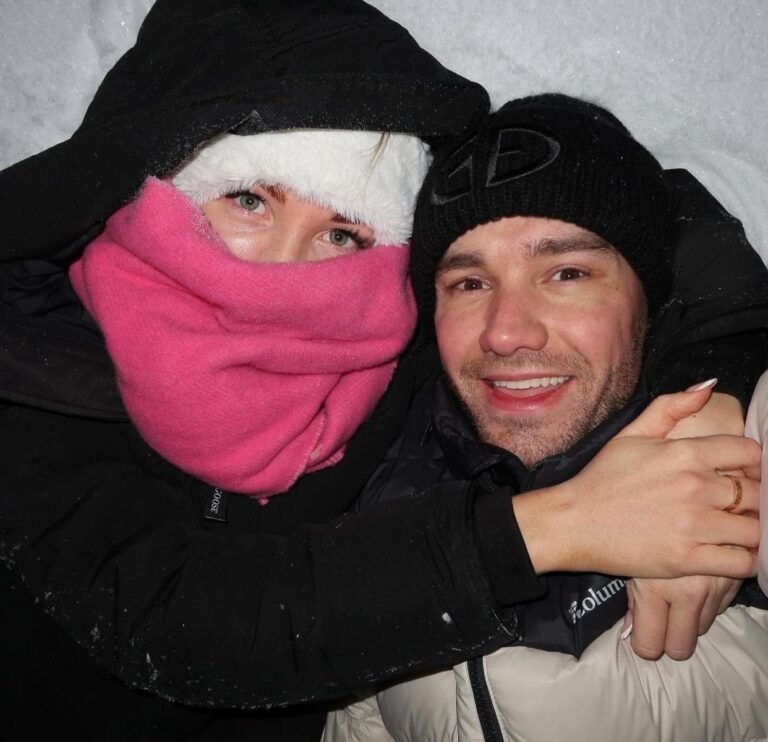
The death of Liam Payne, the former One Direction star, has sparked intense reactions, fueled by complex and controversial circumstances. Payne tragically passed away on October 16, 2024, falling to his death at a hotel in Buenos Aires, allegedly under the influence of alcohol and narcotics. While the news was met with widespread shock and grief, it also reignited ongoing discussions about Payne’s past behavior, particularly his troubled relationship with ex-fiancée Maya Henry. Just days before his death, Henry had publicly shared details of their toxic relationship, including an alleged incident of him repeatedly texting her against her will.
The internet’s response has been divided. While some fans mourn his passing, others, particularly on platforms like TikTok, have questioned whether Henry, who had previously opened up about their abusive relationship, should bear any responsibility for the events leading to Payne’s tragic fall. Despite the grief felt by many, Payne’s legacy is clouded by accusations of taking advantage of younger women, including Henry, and being part of a troubling pattern of behavior that some argue should not be overlooked in the wake of his death.
This juxtaposition of grief and criticism has sparked a broader conversation about how public figures are perceived. Fans who had previously criticized Payne for his personal failings have been forced to reconcile those feelings with the natural sadness that accompanies the death of someone who, for many, was an iconic figure during their formative years. The discussion has raised uncomfortable questions about celebrity culture, where figures are often placed on pedestals and then demonized after they fall.
As the media and public continue to process Payne’s death, there’s a need for nuance in the conversation. Public figures, like Payne and others, have complex lives, and their actions can elicit both sympathy and criticism. Grieving their loss does not negate the importance of addressing the flaws in their behavior, and the way we discuss these issues can shape our understanding of the person behind the public image.
In light of his passing, it’s crucial that we reflect on both the sorrow of losing someone who influenced millions and the need for accountability regarding the harm that can arise from unchecked celebrity behavior. This duality is difficult but necessary in order to fully understand the complicated lives of public figures like Liam Payne.




